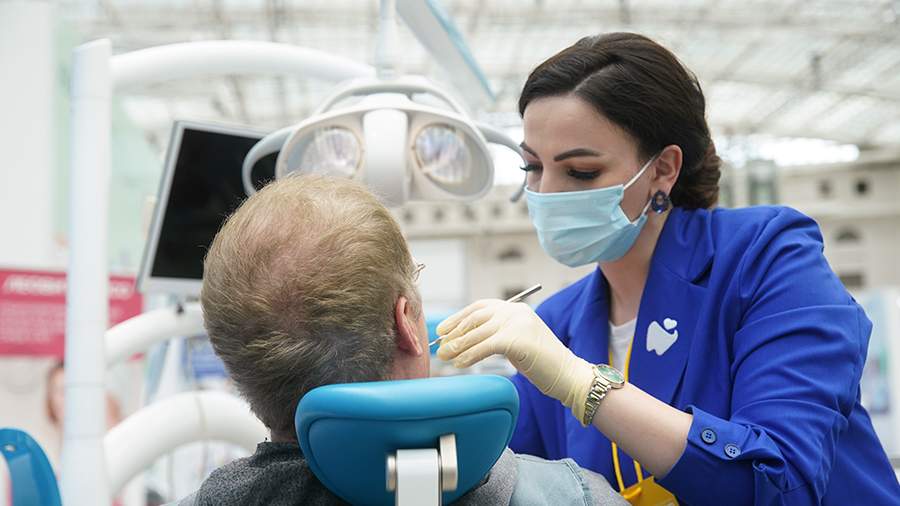The dentist listed the indications for wisdom teeth removal

In some cases, doctors recommend the removal of wisdom teeth, but there are situations where they do not need to be removed. In addition, they have certain advantages. Maria Volkova, a dental surgeon and implantologist at SM-Stomatology, told Izvestia on January 23 what to do with wisdom teeth.
"Wisdom teeth are third molars that usually erupt between the ages of 15 and 25, but these boundaries are conditionally variable. They got their name because of the fact that they appear well into adulthood, when a person is supposed to become 'wiser'. However, in the modern world, human jaws are often too small to accommodate them fully. This is due to the evolutionary reduction in the size of the jaws due to changes in the nature of nutrition," the expert specified.
According to her, wisdom teeth should be removed in case of incorrect position. For example, if the tooth grows at an angle or rests on neighboring teeth, it can lead to crowding of the tooth row, root damage or even inflammation.
They also need to be removed if there is a lack of space. If there is not enough space in the jaw, wisdom teeth can remain partially erupted - retined - which increases the risk of decay and inflammation.
Gum inflammation is also an indication for their removal.
"Often wisdom teeth are covered with a "hood" of mucous, which practically does not allow to carry out adequate hygiene in the area of the eighth teeth. In such conditions, infection easily develops, causing pericoronitis - inflammation of the tissues around the tooth," explained Volkova.
In addition, surgery is necessary in case of cysts and other complications. Retained wisdom teeth can cause cysts that destroy bone tissue and displace neighboring teeth.
There are orthodontic indications as well. Sometimes wisdom teeth are removed before braces are installed to avoid shifting the aligned teeth and to create space for tooth expansion, the dentist said.
But, as the implantologist clarified, not all wisdom teeth require extraction, in some cases they can be beneficial. For example, if they are healthy and properly positioned. And also in the case of good hygiene.
"In some cases, dentists use wisdom teeth as a support for dentures or bridges or as a temporary support to fix the bite height in the absence of the other two molars," Volkova said.
At the same time, wisdom teeth have certain advantages. According to the expert, in ancient times, when the human diet consisted of hard food, they played an important role in chewing. In addition, if a person loses one of their primary teeth, a wisdom tooth can become a "back-up player," filling the gap in the tooth row, provided the tooth is free of inflammatory changes.
"At the first sign of a wisdom tooth - discomfort, pain or inflammation - see your dentist. Even if the tooth is not causing problems, remember to check its condition regularly. Modern dentistry allows you to keep your teeth healthy and avoid serious complications", - concluded Volkova.
Earlier, on November 29, 2024, SM-Stomatology orthodontist, Candidate of Medical Sciences Natalia Yurchenko told Izvestia that improper growth of wisdom teeth can lead to serious oral health problems, including displacement of the tooth row and the development of infection. According to her, one of the most common problems is pain and discomfort.
Переведено сервисом «Яндекс Переводчик»
